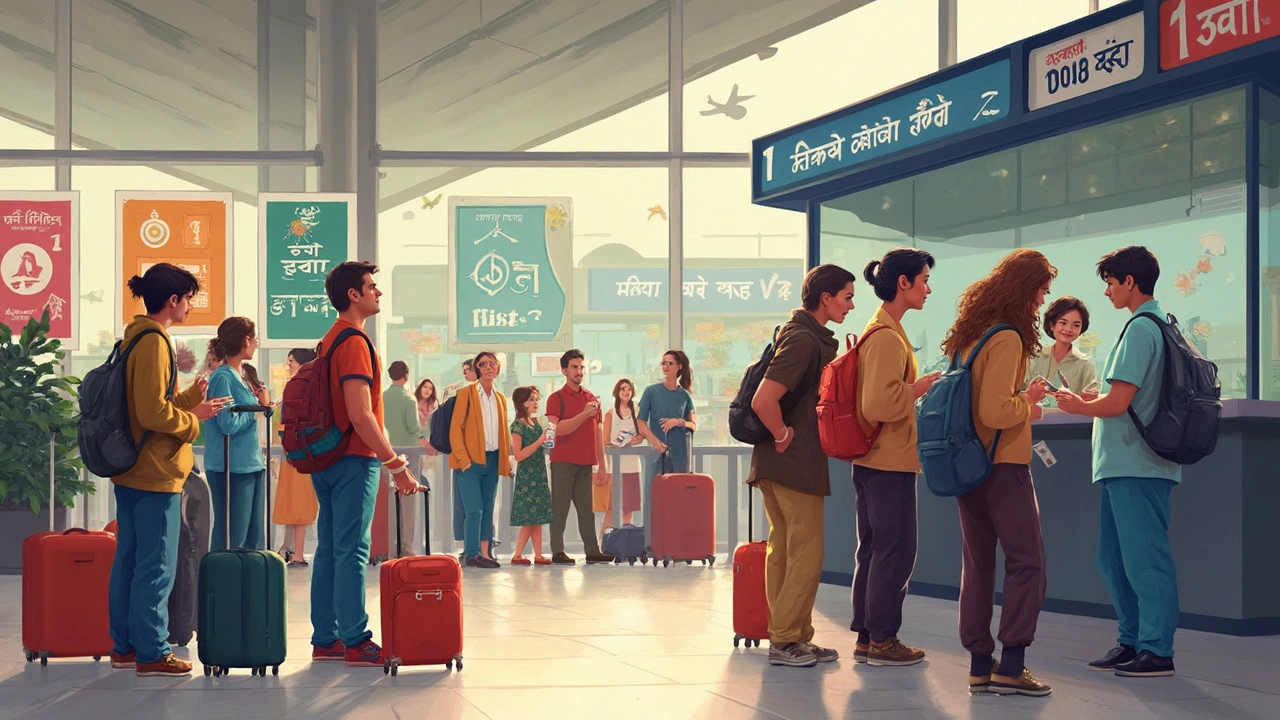Immunizations for India: What You Need Before You Travel
When planning a trip to India, immunizations for India, vaccines that protect against diseases commonly found in the region. Also known as travel vaccines, they’re not optional—they’re the difference between a smooth trip and a hospital visit. India has a mix of urban centers and rural areas where diseases like typhoid, hepatitis A, and rabies still spread through food, water, or animal bites. The CDC and WHO don’t just recommend these shots—they require them for some travelers, especially if you’re visiting smaller towns, volunteering, or staying longer than a few weeks.
You don’t need every vaccine under the sun, but you do need the right ones. typhoid vaccine, a must for anyone eating street food or drinking tap water in India. Over 100,000 travelers get typhoid each year from contaminated food or ice. hepatitis A, a liver infection spread through unclean food and water. It’s not deadly, but it can knock you out for weeks. If you’re planning to hike, explore temples, or stay with locals, you’ll also want to consider rabies vaccine, a pre-exposure shot that buys you time if you’re bitten by a stray dog. India has the highest number of rabies deaths in the world—mostly from unvaccinated street dogs. Skip the vaccine, and a simple bite could cost you thousands in post-exposure treatment.
Some travelers skip the meningitis or Japanese encephalitis shots because they think they’re only for long-term residents. But if you’re heading to rural Uttar Pradesh, Bihar, or Assam during monsoon season, the risk jumps. Malaria isn’t covered by vaccines, but you’ll need antimalarials if you’re going to the northeast or forested areas. And don’t forget the basics: tetanus, measles, and polio boosters. If you’re up to date from childhood, you’re already ahead of most travelers.
There’s no one-size-fits-all list. Your needs change if you’re backpacking through Rajasthan or staying in a luxury hotel in Mumbai. But here’s the truth: if you’re eating local food, using public transport, or walking anywhere outside tourist zones, you’re exposed. Most clinics give you the shots in one visit. No need to wait weeks—many vaccines work fast. And if you’re worried about side effects, they’re usually just a sore arm or a mild fever. Far better than spending your vacation in a clinic.
Below, you’ll find real advice from travelers who’ve been there—what they got, what they skipped, and what actually kept them healthy. No guesswork. Just what works.
India Travel Vaccinations: What You Really Need to Know Before You Go
Get the facts about vaccinations for India travelers. Find out which vaccines are truly essential, what risks you face, and the real tips locals and adventurers trust.
Read more